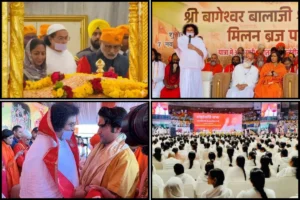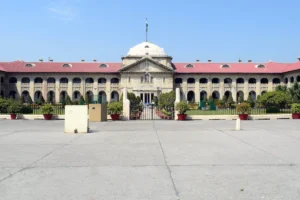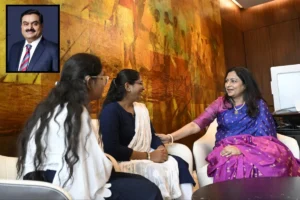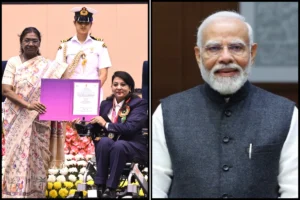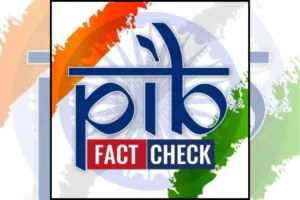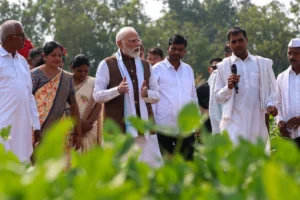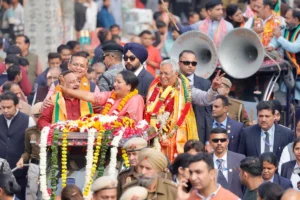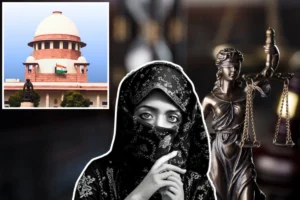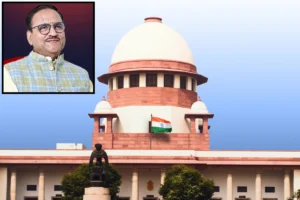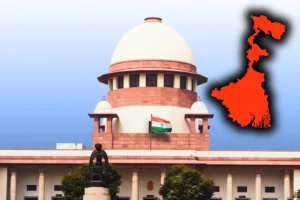
In response to a petition seeking guidelines to prevent caste-related discrimination in higher educational institutions, the Supreme Court has directed the Central Government and the University Grants Commission (UGC) to file additional affidavits. The Court emphasized that if any new rules are introduced, the UGC should notify them and keep a record in the court.
The Supreme Court also instructed the UGC to set up an Equal Opportunity Cell and gather data from universities regarding complaints and action reports filed under the 2012 guidelines. These steps aim to ensure proper implementation of the rules, which were designed to address caste-based discrimination in universities and other higher educational institutions.
The petition was filed jointly by the mother of Rohith Vemula and Payal Tadvi, who have raised concerns over the lack of effective measures to curb caste discrimination in academic institutions.
Petitioners Call For Strict Enforcement Of 2012 Regulations
The petitioners have called on the Supreme Court to issue directions to the UGC to strictly enforce the Regulations of Higher Educational Institutions, 2012. They have also demanded that universities and colleges establish special cells focused on providing equal opportunities for students and teachers, ensuring fair treatment for those from Scheduled Castes and Scheduled Tribes (SC-ST).
According to the petition, these specialized cells would help address internal complaints of discrimination in a timely manner and ensure justice for students, teachers, or employees who face caste-based bias.
Support For SC-ST Students Through Bridge Courses And Coaching Classes
In addition, the petition urges that universities organize coaching classes and bridge courses for SC-ST students. These educational programs are designed to level the playing field, giving marginalized students the support they need to succeed in higher education.
The petitioners argue that caste discrimination continues to be prevalent in educational institutions across India, violating several constitutional rights, including the right to equality, the right against discrimination, and the right to life. These violations are outlined in Articles 14, 15, 16, 17, and 21 of the Indian Constitution.
Background Of Petition: Rohith Vemula And Payal Tadvi Tragedies
The petition is backed by the tragic stories of Dr. Payal Tadvi and Rohith Vemula, whose deaths highlighted the severe impact of caste discrimination in higher education. Dr. Payal Tadvi, a student of Gynecology and Obstetrics at Nair Hospital in Maharashtra, tragically took her own life in 2019 after enduring harassment from senior doctors who made caste-based remarks. Her story raised awareness of the issue within medical institutions across the country.
Similarly, Rohith Vemula, a PhD scholar at the University of Hyderabad, took his life in January 2016 after being suspended by the university for alleged misbehavior. His death came shortly after he faced caste-based discrimination at the university, sparking widespread protests and calls for action.
Next Steps For The Supreme Court And Government
As the Supreme Court moves forward with this case, the UGC and the Central Government will be required to address these concerns and implement measures that ensure equal opportunities and protection for all students, irrespective of their caste. The Court’s upcoming decisions will likely have a significant impact on addressing caste-related discrimination in India’s higher education sector.
To read more such news, download Bharat Express news apps








